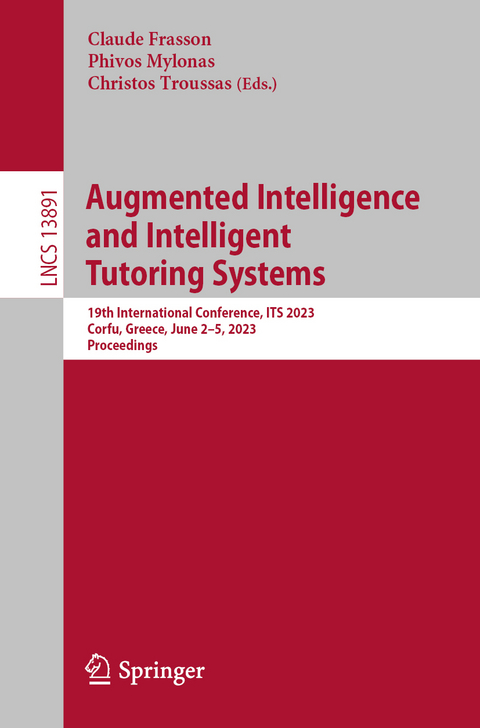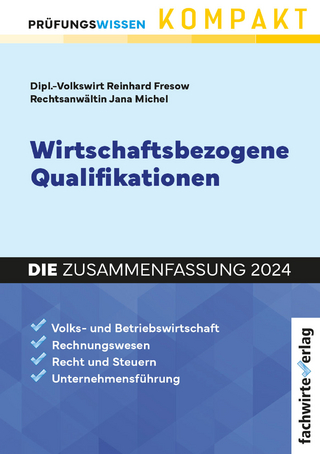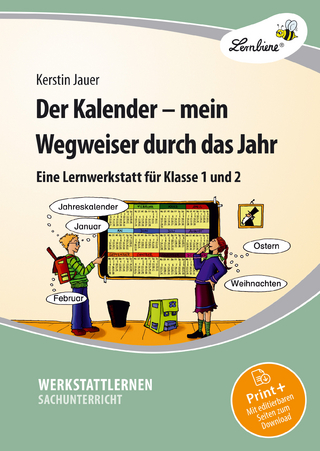
Augmented Intelligence and Intelligent Tutoring Systems
Springer International Publishing (Verlag)
978-3-031-32882-4 (ISBN)
This book constitutes the refereed proceedings of the 19th International Conference on Augmented Intelligence and Intelligent Tutoring Systems, ITS 2023, held in Corfu, Greece, during June 2-5, 2023.
The 41 full papers and 19 short papers presented in this book were carefully reviewed and selected from 84 submissions. The papers are divided into the following topical sections: augmented intelligence in tutoring systems; augmented intelligence in healthcare informatics; augmented intelligence in games, serious games and virtual reality; neural networks and data mining; augmented intelligence and metaverse; security, privacy and ethics in augmented intelligence; and applied natural language processing.
Augmented Intelligence in Tutoring systems: Language Proficiency Enhanced Knowledge Tracing.- Recommending Mathematical Tasks Based on Reinforcement Learning and Item Response Theory.- A Framework for Automatic Task Ontology Execution in a Complex Environment.- Method and Tools to Supporting Math Learning in Inclusive Education of Blind Students.- Understanding the usages and effects of a recommendation system in a non-formal learning context.- Detecting Mental Fatigue in Intelligent Tutoring Systems.- Detecting Mental Fatigue in Intelligent Tutoring Systems.- An Approach to Generating Adaptive Feedback for Online Formative Assessment.- Early Warning Systems: How to Generate Early and Accurate Alerts of At-risk of Failure Learners?.- Detecting Interlingual Errors: The Case of Prepositions.- Detecting Interlingual Errors: The Case of Prepositions.- Teaching Cardiovascular Physiology with a Minigame-based ITS.- Expert-centered design recommendations to promote engagement in authoring activities of adaptive learning technologies.- Towards a Chatbot-based Learning Object Recommendation: A Comparative Experiment.- Development of a Conversational Agent for Tutoring Nursing Students to Interact with Patients.- Integrating an Ontological Reference Model of Piloting Procedures in ACT-R Cognitive Architecture to simulate piloting tasks.- Generating Pedagogical Questions to Help Students Learn.- Attention Assessment of Aircraft Pilots Using Eye Tracking.- KEMMRL:Knowledge Extraction Model for Morphologically Rich Languages.- Synthesising didactic explanatory texts in Intelligent Tutoring Systems based on the information in cognitive maps.- Using the ITS components in improving the Q-learning policy for instructional sequencing.- Stargazing Live! Inspiring with real data in a mobile planetarium and learning through conceptual modelling.- A GPT-based Vocabulary Tutor.- ETHOSCHOOL: An Artificial Moral Agent Model for Collaborative Learning.- Toward a Smart Tool for Supporting Programming Lab Work.- Towards Embodied Wearable Intelligent Tutoring Systems.- iQUIZ!: A Collaborative Online Learning System that Promotes Growth Mindset using Persuasive Feedback.- Helping Teachers to Analyze Big Sets of Concept Maps.- Learning Engagement and Peer Learning in MOOC: A Selective Systematic Review.- Personalized Study Guide: A Moodle Plug-in Generating Personal Learning Path for Students.- Learning by Building Chatbot: A System Usability Study and Teachers' Views about the Educational Uses of Chatbots.- Towards Integrating Learnersourcing, Microlearning and Gamification in Moodle.- Towards a social learning analysis using Learning Management System and Learning Experience to predict learners' success.- Towards a social learning analysis using Learning Management System and Learning Experience to predict learners' success.- Estimation of Piloting Attention Level Based on the Correlation of Pupil Dilation and EEG.- Functional programming of intelligent systems.- Model-based Support for Collaborative Concept Mapping in an Open-ended Domain. Augmented Intelligence in Healthcare Informatics: CPR Emergency Assistance through Mixed Reality Communication.- The Relative Importance of Cognitive and Behavioral Engagement to Task Performance in Self-Regulated Learning With an Intelligent Tutoring System.- Emotional Impact of Cognitive Priming on Alzheimer's Disease.- Combining XR and AI for integrating the best pedagogical approach to providing feedback in Surgical Medical Distance Education.- Multimodal learning for clinical risk prediction in Intensive Care Units. Augmented Intelligence in Games, Serious Games and Virtual Reality: User-Defined Hand Gesture Interface to Improve User Experience of Learning American Sign Language.- Distraction Detection and Monitoring Using Eye Tracking in Virtual Reality. Neural Networks and Data Mining: Using Feature Interaction for Mining Learners' Hidden Information in MOOC Dropout Prediction.- On an integrated assessment for the students within an academic consortium.- An Approach to Automatic Flight Deviation Detection.- Automatic learning of piloting behavior from flight data.- Towards Student Behaviour Simulation: A Decision Transformer based Approach. Augmented Intelligence and Metaverse: Mixed Reality Agents as Language Learning Tutors.- Metaverse and Virtual Environment to improve attention deficit hyperactivity disorder (ADHD) students' learning. Security, Privacy and Ethics in Augmented Intelligence: Culture of Ethics in Adopting Learning Analytics.- Promoting Ethical Uses in Artificial IntelligenceApplied to Education. Applied Natural Language Processing: Improving Collaboration via Automated Intelligent Nudges.- Preliminary Performance Assessment on Ask4Summary's Reading Methods for Summary Generation.- Joint Topic Model with Selected Side Information for Inter-University Syllabus Analysis Focusing on the Variety of Instructional Approaches.- Plug & Play with Deep Neural Networks: Classifying Posts that Need Urgent Intervention in MOOCs.- Personalized feedback enhanced by Natural Language Processing in Intelligent Tutoring Systems.- SC-Ques: A Sentence Completion Question Dataset for English as a Second Language Learners.- Conversational Agents and Language Models that learn from Human Dialogues to Support Design Thinking.
| Erscheinungsdatum | 17.05.2023 |
|---|---|
| Reihe/Serie | Lecture Notes in Computer Science |
| Zusatzinfo | XXIV, 703 p. 214 illus., 181 illus. in color. |
| Verlagsort | Cham |
| Sprache | englisch |
| Maße | 155 x 235 mm |
| Gewicht | 1098 g |
| Themenwelt | Schulbuch / Wörterbuch ► Unterrichtsvorbereitung ► Unterrichts-Handreichungen |
| Mathematik / Informatik ► Informatik | |
| Schlagworte | Artificial Intelligence • augmented intelligence • Cognitive Sciences • Computer aided instruction • computer programming • computer vision • date mining • Deep learning • Education • E-Learning • Healthcare informatics • Intelligent Tutoring Systems • metaverse • Neural networks • security, privacy and ethics • Virtual Reality |
| ISBN-10 | 3-031-32882-5 / 3031328825 |
| ISBN-13 | 978-3-031-32882-4 / 9783031328824 |
| Zustand | Neuware |
| Haben Sie eine Frage zum Produkt? |
aus dem Bereich


